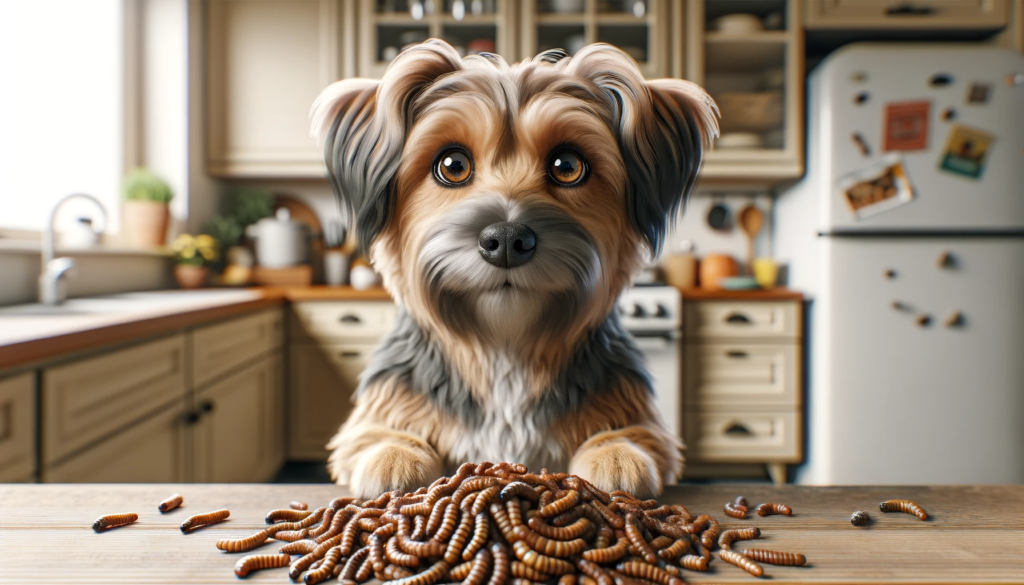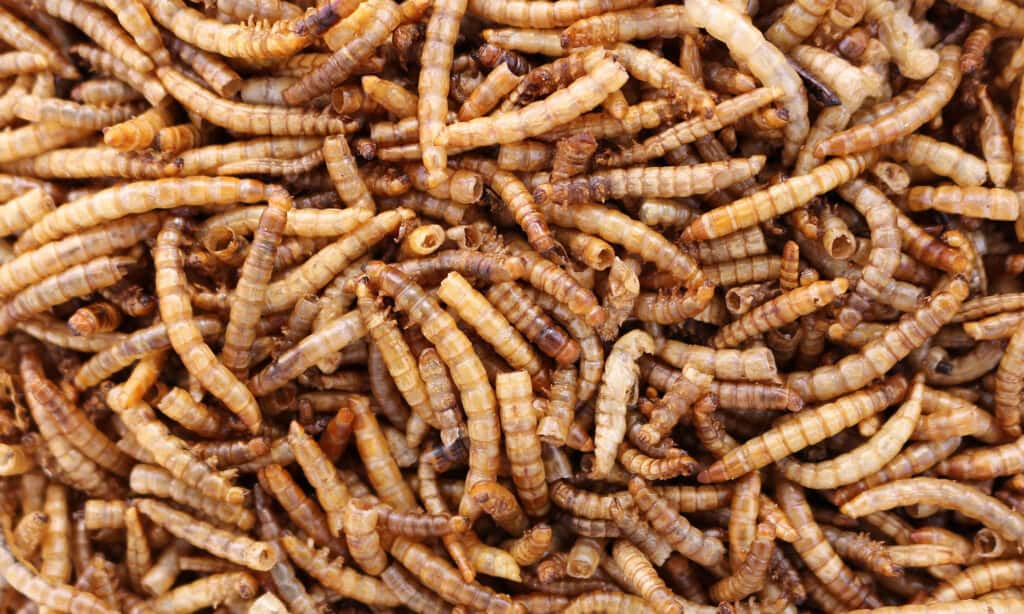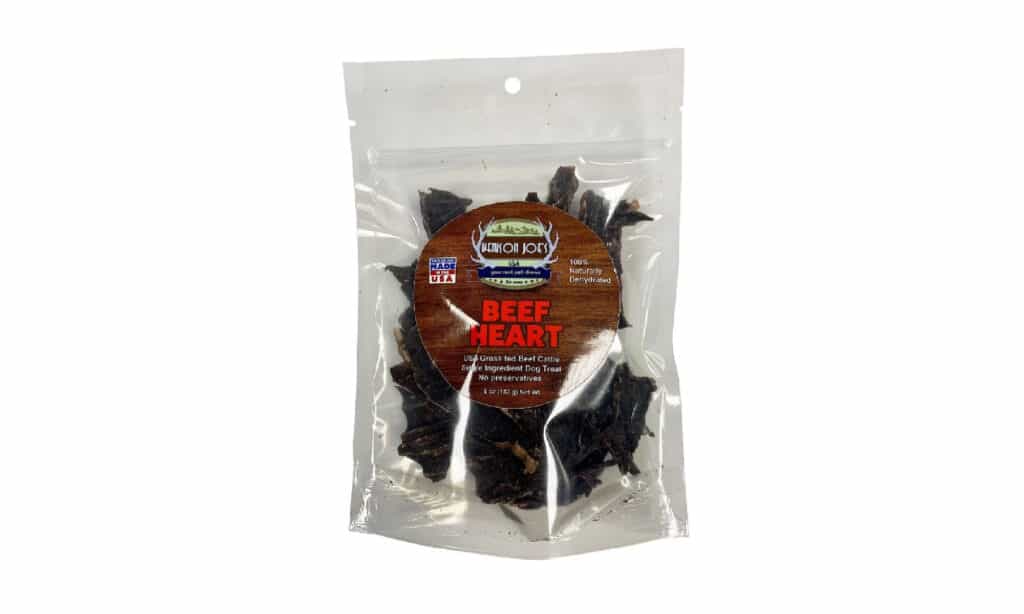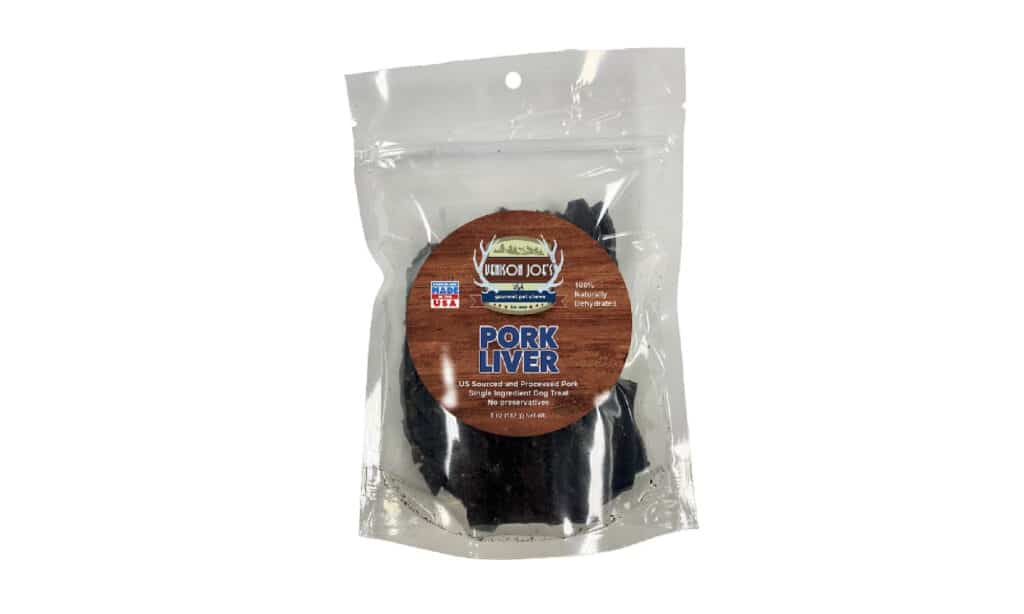As pet owners, we are always concerned about what we feed our furry friends, and it’s natural to wonder if certain foods are safe or harmful for them. Mealworms are a popular snack among many animals, including birds, reptiles, and even humans, but can dogs eat mealworms? In this post, we’ll delve into the nutritional value of mealworms and explore whether they pose any risks to your canine companion. Discover if mealworms are a good choice for your dog’s diet or if traditional dog food is best.

What Are Mealworms?
Mealworms are actually the larvae of darkling beetles and are used as a protein source for many animals, including birds, reptiles, and even humans. They’re about an inch long and cylindrical with a tough outer shell. You might find them in stored food items like grains, flour, and other cereal products.
These little critters pack a nutritional punch, containing protein, fat, and fiber, along with various vitamins and minerals like B vitamins, iron, and calcium. That’s why many pet owners have started feeding them to their furry friends as a healthy and nutritious snack.
But, as with anything new in your pet’s diet, it’s important to understand if there are any potential risks involved. Next, we’ll explore if mealworms are safe for dogs and what precautions to consider.
Can Dogs Have Mealworms?
When it comes to whether dogs can have mealworms, the short answer is yes, but there are some important considerations to keep in mind.
Mealworms are a supplement, not a replacement, for your dog’s regular diet, providing protein and other nutrients. Mealworms should only be fed as a treat or supplement in small amounts, as part of a balanced diet. This is because dogs have specific dietary requirements that may not be met solely by mealworms.
Secondly, it’s crucial to ensure that the mealworms you’re giving your dog are safe and free from harmful chemicals or pesticides. Mealworms intended for animal consumption are available commercially and are typically raised specifically for this purpose. Check packaging for animal consumption when feeding dogs commercial mealworms, which are typically safe.
Additionally, it’s important to consider your dog’s individual dietary needs and any health concerns they may have before introducing mealworms into their diet. Consult with your vet before giving new foods to dogs with known allergies or sensitivities.
Finally, it’s worth noting that while mealworms are generally safe for dogs to eat, they can still pose a choking hazard if not prepared properly. Supervise your dog while they eat mealworms, and cut them into small pieces to reduce choking risk.
In summary, dogs can have mealworms in moderation, as long as they are safe and prepared properly. As with any new addition to your dog’s diet, it’s essential to take the necessary precautions and consult with your veterinarian if you have any concerns.

Harmful Ingredients in Mealworms:
While mealworms can provide a source of protein and other nutrients for dogs, there are some potential risks and harmful effects to keep in mind.
One concern is the risk of an intestinal blockage if your dog eats too many mealworms or consumes them too quickly without chewing them properly. This can lead to symptoms such as vomiting, diarrhea, and abdominal pain, and may require medical attention.
Another risk is the potential for mealworms to carry harmful bacteria or parasites, which could cause food poisoning or other health problems in dogs. It’s crucial to ensure that the mealworms you feed your dog are safe and free from harmful chemicals or pesticides.
Furthermore, some dogs may have an allergic reaction to mealworms, which could cause symptoms such as itching, swelling, or difficulty breathing. Stop feeding mealworms if allergic reaction occurs and consult with vet.
In summary, while mealworms can be a nutritious snack for dogs, there are potential risks and harmful effects to be aware of. Introduce mealworms in moderation, supervise while eating, and consult with vet if concerned about dog’s health.
Safe Ingredients in Mealworms:
Yes, there are several safe aspects of mealworms when it comes to feeding them to dogs.
Firstly, mealworms are a rich source of protein, fiber, and other nutrients that can be beneficial for your dog’s health. Mealworms can be a low-fat and low-calorie dog treat that is both tasty and healthy.
Secondly, commercial mealworms that are intended for animal consumption are generally safe for dogs to eat. These mealworms are raised specifically for this purpose and are often screened for potential contaminants or harmful chemicals.
Thirdly, mealworms can be a fun and interactive treat for dogs. They come in various shapes and sizes, making them an exciting addition to your dog’s diet. Additionally, some dogs enjoy the crunchiness and texture of mealworms, which can provide mental stimulation and help promote dental health.
In summary, mealworms can be a safe and nutritious treat for dogs when introduced in moderation and prepared properly. Mealworms offer protein and nutrients, making them a fun and interactive treat for your furry friend.
What Signs To Watch For If Your Dog Accidentally Ate A Lot of Mealworms?
If your dog accidentally eats a lot of mealworms, there are several signs you should watch out for. These signs may indicate that your dog is experiencing an intestinal blockage or other health problems.
One of the most common signs of intestinal blockage is vomiting. Repetitive vomiting after eating mealworms could be a sign of digestive system blockage in dogs. Other symptoms of an intestinal blockage may include diarrhea, loss of appetite, and abdominal pain or discomfort.
If your dog has eaten a large amount of mealworms, they may also experience symptoms of food poisoning, such as nausea, vomiting, and diarrhea. In some cases, mealworms may carry harmful bacteria or parasites that can cause these symptoms.
If your dog is allergic to mealworms, they may experience symptoms such as itching, swelling, or difficulty breathing. Stop feeding mealworms if your dog shows allergic symptoms and seek veterinary attention.
In summary, if your dog accidentally eats a lot of mealworms, it’s important to monitor them closely for any signs of intestinal blockage, food poisoning, or allergic reactions. If you notice any concerning symptoms, seek veterinary attention immediately to ensure the safety and well-being of your furry friend.

When or If You Should Go To The Vet?
If you’re worried that your dog has eaten too many mealworms and is showing signs of an intestinal blockage, food poisoning, or an allergic reaction, it’s best to take them to the vet as soon as possible.
If your dog is vomiting repeatedly, has diarrhea, seems to be in pain or discomfort, or is generally unwell after eating mealworms, it could be a sign of an intestinal blockage. This is a serious condition and requires immediate veterinary attention.
Similarly, if your dog is experiencing symptoms like vomiting, diarrhea, or lethargy that may indicate food poisoning, it’s important to take them to the vet. Your vet can provide supportive care to help your dog recover and manage any symptoms they may be experiencing.
If your dog is showing signs of an allergic reaction, like itching, swelling, or difficulty breathing, it’s crucial to seek veterinary attention right away. Allergies can be dangerous; your vet may give medication to manage symptoms and ensure your dog’s safety.
Safe Dog-Friendly Alternative to Mealworms:
If you’re not comfortable feeding your dog mealworms or they’re not readily available, there are several safe and dog-friendly alternatives you can offer them.
One tasty option is cooked, lean meats like chicken, turkey, or beef. These meats are rich in protein and make a healthy and nutritious addition to your dog’s diet.
Another option is to offer your dog fruits and vegetables that are safe for them to eat, such as carrots, green beans, and apples. “Fiber-rich fruits and veggies make for a healthy, delicious snack for your pup.”
Lastly, you can consider offering your dog commercially available dog treats that are made with high-quality ingredients and specifically formulated for their health. These treats offer a safe and convenient way to provide your dog with a tasty and nutritious snack.
In summary, there are plenty of safe and delicious alternatives to mealworms that you can give your dog. Your dog can enjoy healthy snacks like cooked lean meats, fruits, vegetables, and high-quality commercial dog treats.
Healthy Store-Bought Options:
Mealworms can be a safe and nutritious dog treat when introduced in moderation and prepared properly. Mealworms are protein-rich, nutrient-dense, and fun snacks for your furry friend.
However, it’s crucial to consider your dog’s individual dietary needs and any health concerns they may have before introducing mealworms into their diet. It’s also important to ensure that the mealworms you feed your dog are safe and free from harmful chemicals or pesticides.
If you suspect that your dog has eaten too many mealworms or is experiencing any concerning symptoms, it’s best to seek veterinary attention right away. Your vet can diagnose problems and treat your dog to keep them safe and healthy.
Overall, while mealworms may not be the best choice for every dog, they can be a tasty and nutritious treat that your furry friend is sure to love.
~Lindsie


